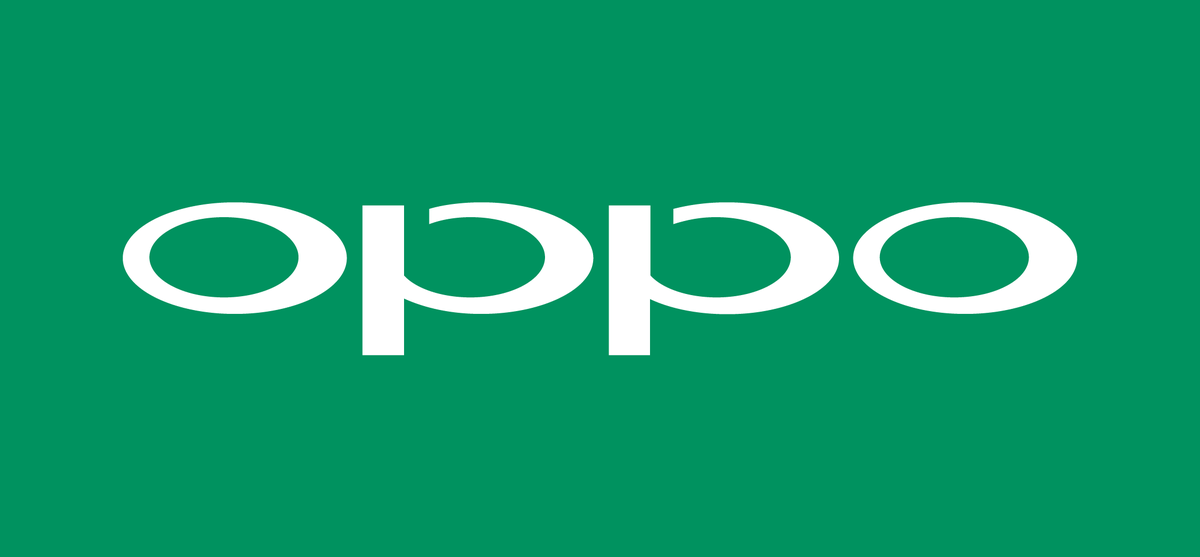1 min read
Oppo says India user data fully secure

November 18, 2024
Copyright 2023, IT Voice Media Pvt. Ltd.
All Rights Reserved

 Chinese smartphone maker Oppo said that the user data on its devices in India is fully secure, highlighting that it collects and uses personal information in full compliance with current laws and users’ permission, and added that its server was based in Singapore.
Chinese smartphone maker Oppo said that the user data on its devices in India is fully secure, highlighting that it collects and uses personal information in full compliance with current laws and users’ permission, and added that its server was based in Singapore.